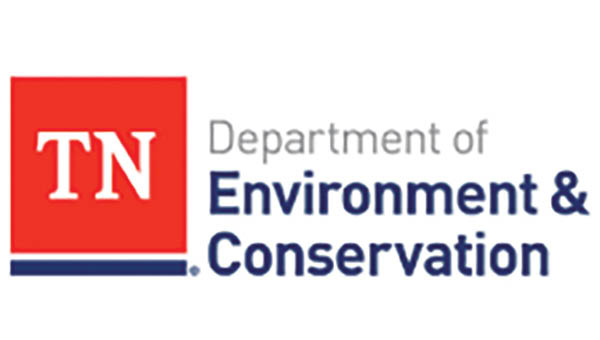TDEC issues precautionary fish consumption advisory for catfish on Fort Patrick Henry Reservoir in Sullivan County
Published 1:36 pm Tuesday, May 6, 2025
|
Getting your Trinity Audio player ready...
|
NASHVILLE – The Tennessee Department of Environment and Conservation (TDEC) today announced a precautionary fish consumption advisory for catfish due to PCBs on Fort Patrick Henry Reservoir in Sullivan County.
TDEC advises that pregnant women, nursing mothers and children avoid eating the fish, and that all others limit consumption to one meal per month. Other recreational activities such as boating, kayaking, swimming, wading and catch-and-release fishing carry no risk.
In 2009, 2013, 2016, 2019 and 2022, the Tennessee Valley Authority (TVA), in cooperation with TDEC, collected channel catfish for tissue analysis on Fort Patrick Henry Reservoir. Fish were analyzed for PCBs by Pace Analytical through a contract with TVA. Fort Patrick Henry is a reservoir on the South Fork Holston River near Kingsport.
The advisory applies to all catfish species for the entirety of the reservoir based on data exceeding Tennessee’s trigger point for PCBs. PCBs in channel catfish averaged 0.296 mg/kg, which is above the trigger point of 0.047 mg/kg. The advisory is consistent with TDEC’s responsibilities under the Tennessee Water Quality Control Act.
“Unlike ‘do not consume’ advisories that warn the general population to avoid eating fish from a particular body of water altogether, precautionary fish consumption advisories are specifically directed to sensitive populations. They include children, pregnant women, nursing mothers and those who may eat fish frequently from the same body of water,” said Ronné Adkins, deputy commissioner for Environment at TDEC. “These advisories help the community make informed decisions about whether or not to consume the fish.”
TDEC will post warning signs at primary public access points and will work with the Tennessee Wildlife Resources Agency to communicate this information to the public.
For a complete listing of Tennessee’s current fishing advisories, plus additional information about the advisory issuance process, go online to TDEC’s Bacteriological and Fishing Advisories page.






